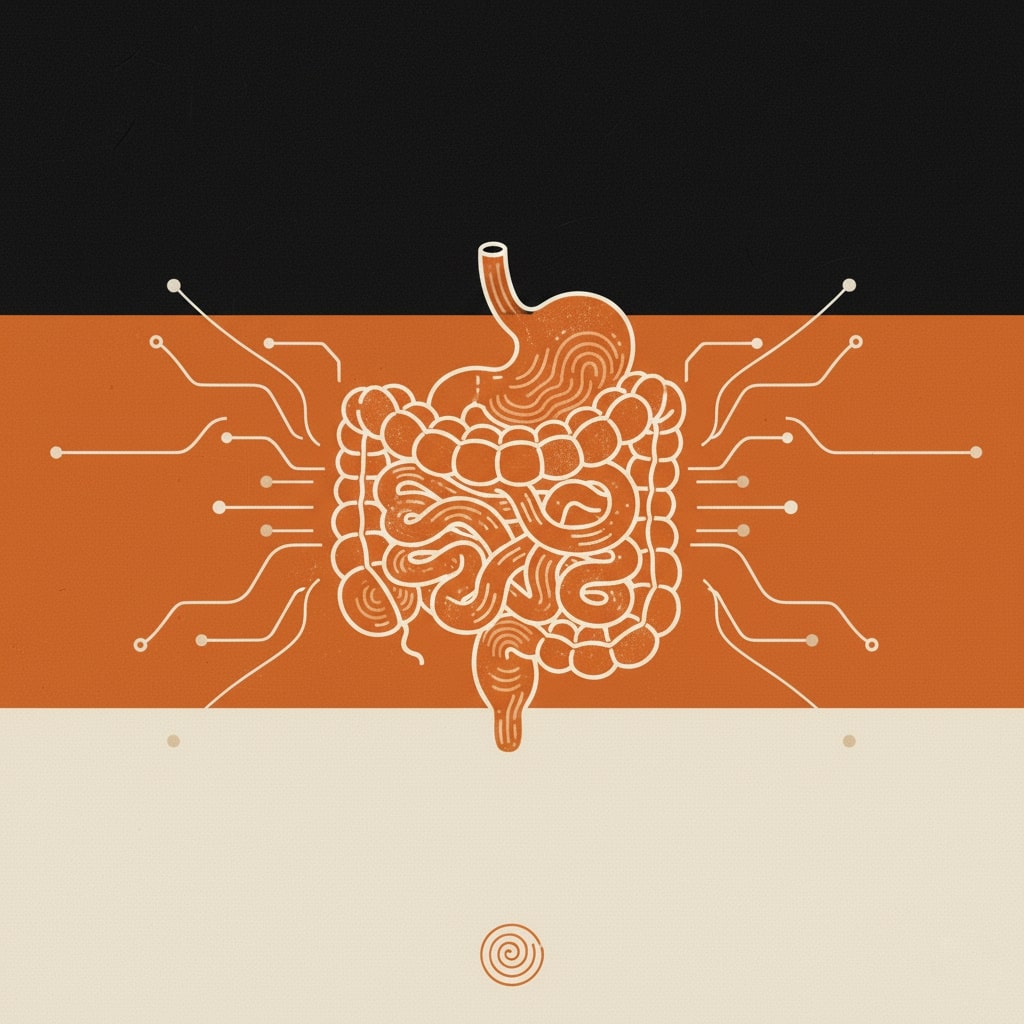IBS (Irritable Bowel Syndrome)
What is irritable bowel syndrome (IBS)?
Irritable Bowel Syndrome, often called IBS, is a common digestive condition that affects how the gut works [1][2][3]. It does not cause damage to the bowel, but it can make everyday life uncomfortable. People of all ages can get IBS, and symptoms can come and go over time.
How common is IBS in the UK?
Irritable bowel syndrome affects around 1 in 5 people in the UK [4].
What does IBS feel like?
IBS causes a mix of symptoms that can be different for everyone [5]. You might have tummy pain, bloating or changes in how often you poo. Some people have diarrhoea, others have constipation and some have both at different times.
Typical symptoms
| IBS Symptom | What it may feel like |
|---|---|
| Tummy pain or cramping | Often eases after going to the toilet |
| Bloating or swelling | A full or tight feeling in the stomach |
| Diarrhoea or constipation | Loose stools, hard stools or a mix of both |
| Wind or gas | Feeling gassy or needing to pass wind more often |
| Urgency or incomplete emptying | A rush to reach the toilet or a sense of not fully finishing |
What causes IBS?
The exact cause is not fully understood, but IBS is linked to how the gut and brain communicate [6][7][8], also known as the gut-brain axis. Stress, certain foods, gut sensitivity and changes in gut bacteria can all play a part. IBS is a functional condition, which means the bowel looks normal but does not always behave as it should [9][10].
How is IBS diagnosed?
There is no single test for Irritable Bowel Syndrome [11]. A healthcare professional will usually diagnose it based on symptoms and by ruling out other conditions. You may have basic tests to check for coeliac disease, inflammatory bowel disease or anaemia.
Managing IBS
There is no cure, but many people find their symptoms improve with lifestyle changes, diet adjustments, supplements or prescribed treatments. Keeping a food and symptom diary can help you spot patterns. Some people benefit from fibre changes, probiotics or stress management techniques.
Learn more about Faecal Matter Transplants (FMT) and how it could help IBS.
Helpful lifestyle approaches
- Eating regular meals and taking time to chew food well
- A low FODMAP approach can be helpful for some people (this involves reducing certain carbohydrates that ferment in the gut and may trigger symptoms. Foods are then reintroduced slowly so you can spot which ones cause problems).
- Drinking enough water throughout the day
- Limiting triggers such as caffeine or spicy foods if they affect you
- Using relaxation habits like gentle exercise, deep breathing or mindfulness
When should I seek professional advice?
If your symptoms change suddenly, become severe or cause weight loss, bleeding or waking at night, speak to a healthcare professional as these might be signs of another condition. A gut test is also helpful for getting an accurate picture of your microbiome and overall gut health, allowing you to make data-driven decisions to optimise your gut.
Nutritionist's Corner: Final Thoughts
"IBS is very individual, so small, steady changes often work best. Try to notice how different foods make you feel, keep your meals balanced and give your gut time to settle. Simple habits like eating slowly and staying hydrated can make a real difference."
– Yusra Serdaroglu Aydin, MSc RD
Vivere helps you take control of your health with personalised insights from our state-of-the-art gut test, nutritional guidance, science-backed supplements such as NAD+ shots and expert support. Sign up today and start living better, for longer.
Sources:
[4] Irritable bowel syndrome (IBS) - Bupa UK
[5] Symptoms of IBS (irritable bowel syndrome) - NHS
[8] Mayer, E.A., Ryu, H.J. & Bhatt, R.R. The neurobiology of irritable bowel syndrome. Mol Psychiatry 28, 1451–1465 (2023). https://doi.org/10.1038/s41380-023-01972-w
[9] Definition & Facts for Irritable Bowel Syndrome - NIH NIDDK
[10] Irritable Bowel Syndrome (IBS) - Bowel Research UK
Author

Yusra Serdaroglu Aydin, MSc RD
Head of Nutrition and Registered Dietitian
Yusra is a registered dietitian with a multidisciplinary background in nutrition, food engineering, and culinary arts. During her education, her curio...
